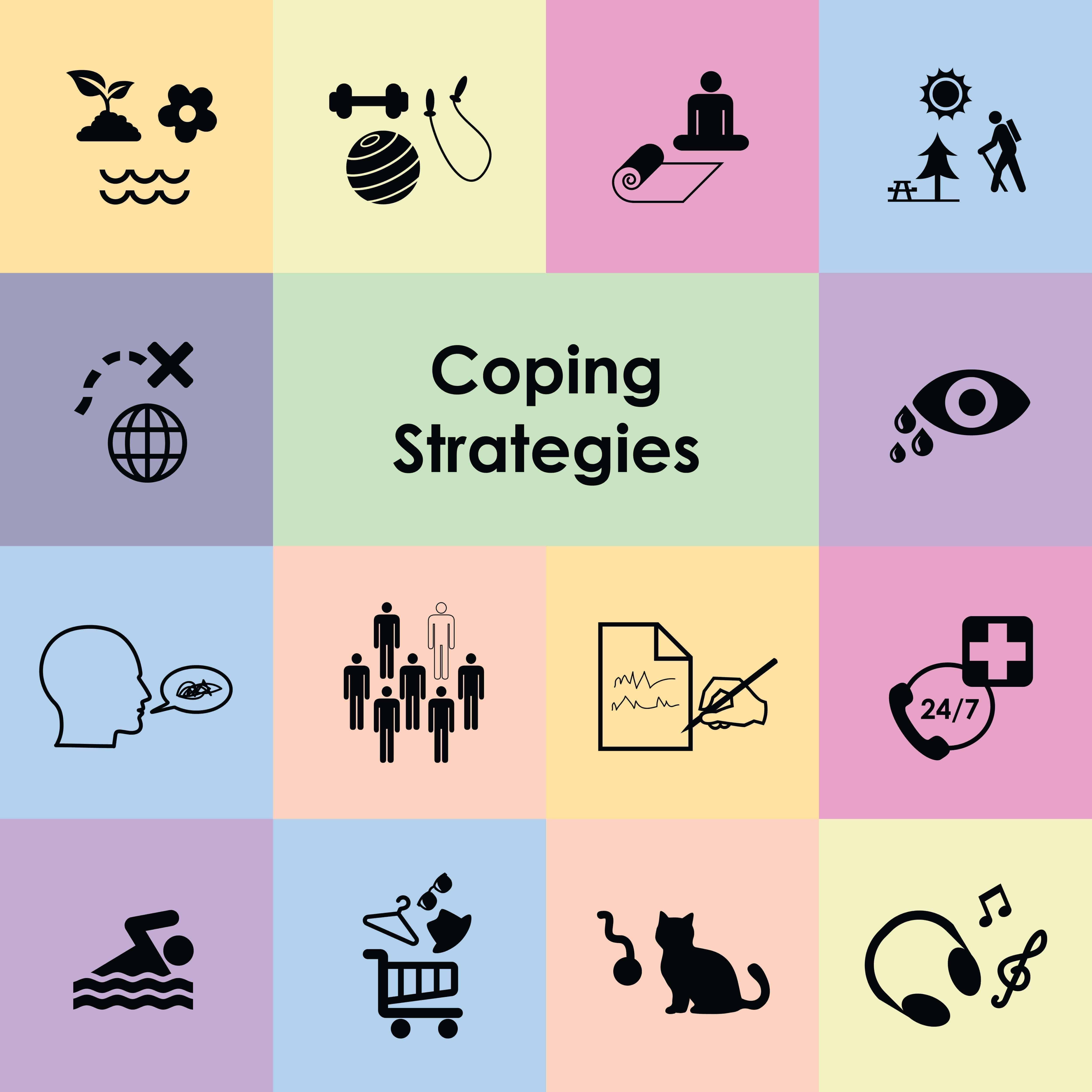Are you suffering with some kinds of mental health related issues and looking for an escape to live with better mental health then stop compromising? Consider the effectiveness of coping mechanisms to ensure better mental health.
Coping mechanisms help to tolerate, reduce the side effects of stress and effectively deal with different kinds of stressful situations. Appropriate stress management activities help to feel better as far as physical and psychological health & well-being are concerned. These highly effective techniques also enhance your ability to perform better.
Side effects of the stress include:
- Unusual heart rate
- Unstable breathing
- High blood pressure
- Hyper consciousness
- More sugar in bloodstream
A forementioned changes in body prove helpful when you experience any type of danger. However, it is important to know these changes are temporary and disappear themselves. But, the body does not understand the difference between emotional stress and real danger.
Stress might cause several issues including:
- Change in appetite
- Rashes
- Sadness
- Sleeping issues
- Headaches
- Stomach pain
- Muscle & joint pains
- Anxiety
- Depression
- Reduced interest in activities
Active vs Avoidant Coping
Coping mechanisms can be divided into two different categories including “Active” or “Avoidant”. As per the profile of active coping, you clearly identify the source of stress and you start taking steps to change this specific situation or the way you consider it. On the other hand, avoidant coping occurs when you start ignoring the problem that is responsible for causing stress.
Coping Styles
People basically use two common ways to cope with stress which are “problem-focused coping” and “emotion-focused coping”
Problem-Focused Coping
The goal of problem-focused coping is to change or eliminate the source of stress. This methodology only works if you have control over the situation that is exactly causing the stress.
Let us understand problem-focused strategies in a more elaborated manner with specific situation:
Situation: Your office requires you to deal with presentations but you are not feeling comfortable and getting stressed because you are not good at public speaking.
Possible responses:
- Rehearsal
- Consult a public-speaking instructor
- Consider a public-speaking course
- Switch job with different profile
Emotion-Focused Coping
It becomes really difficult to avoid stress specifically when you do not have required control over the source. As per the nature of emotion-focused coping strategies, you can only change the way you respond to stress.
Emotion-focused strategies for specific situation might be like:
Situation 1: Any of your dears got diagnosed with cancer and this information is causing you fear and anxiety.
Possible responses:
- Increase your awareness about cancer
- Join a support group
- Express your feelings
Situation 2: You are surrounded by people at a party and it is making you anxious.
Possible responses:
- Deep breathing
- Create a network for social support
- Discuss relevant topics
Techniques of coping mechanisms work well when you genuinely comply with true intentions. It is also important to have patience for some days. If you feel like you need professional help coping with something, you can connect with us at Solh Wellness App. Learn more about improving your coping skills, resilience and mental well-being with us!



